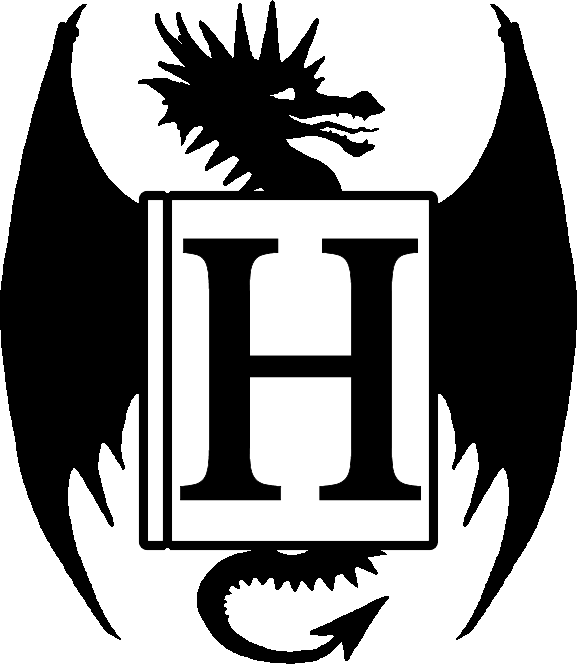The Darwin Elevator
The Dire Earth Cycle, Book 1
Jason M. Hough
Del Rey
Fiction, Sci-Fi
Themes: Aliens, Apocalypse, Dystopias, Plagues, Space Stories, Thieves
***+
Description
When the Builders ship arrived in the 23rd century, humanity didn't know what to make of it. When it unspooled a fine filament
down to Darwin, Australia, then hung inert, people realized they had an orbital elevator, technology that had long been theorized
but had never been practical - at least, not with human technology. It seemed like a massive leap forward for the species,
whatever the unknown intelligence that sent it may have intended... then the disease set in, transforming humans into irrational,
mindless beasts in a matter of hours - save those within a few kilometers of Darwin. Now the city and the stations spaced along
the length of the alien filament are all that remain of human civilization - and still, nobody knows why it was built, or what its
purpose is, or if its makers intend to come again, bringing more gifts and calamities.
Skyler is one of a handful of people immune to the disease that creates "subs" - subhumans - beyond Darwin's boundaries. As such,
he and his small crew are in high demand as scavengers, scrounging ruins for needed supplies and the occasional luxury (on and off
the books). He was just coming home after another mission when the unthinkable happens: the elevator lurches to a halt. In theory,
it should be impossible, as it generates its own power from static in the air, yet it happens, and keeps happening more often as
the days pass. As those on the ground and in orbit try to figure out the cause (and/or try to leverage things to their personal
advantage), nobody wants to consider what it may mean for the future of humanity... especially if, as some fear, it signals the
imminent return of the Builders and another cataclysmic change on the horizon.
Review
It sounded like an interesting, action-filled sci-fi story, and at first that's exactly what it delivers. The characters - from
brooding scavenger Skyler to Darwin's ambitious/borderline mustache-twirling leader to an almost too-innocent orbital scientist
taken under the wing of a tycoon with a hidden agenda - may not be stunningly original, but they don't need to be, and they fill
their roles decently enough. Human nature has made the best and the worst of the alien elevator; the fact that the mystery disease
accentuates one random human trait to the point of unthinking insanity almost feels like an alien commentary on our species, forcing
people to confront what they truly are beneath the veneer of civilization. While some people look upon the Builder tech as a
scientific puzzle, others see a stepping stone to a new era, or a tool to raise themselves to power, or a symbol of their oppression
and everything lost since the elevator's arrival a scant few decades before the story begins. Likewise, as some race to unravel the
new irregularities in the "aura" that protects what's left of civilization from the disease (and the possibility of the elevator
failing altogether, essentially a death blow for the species), others only care about what they can grab for themselves as the rules
change and power shifts. Through it all, people like Skyler and his crew can only do their best to survive, even as they're pulled
into greater machinations and dangers.
I really can't say precisely when and where the story stopped being an engaging (and somewhat thought-provoking) story for me, but at
some point I found myself just... not enjoying it as much as I had been. The characters that had been serviceable (if, as noted
earlier, not entirely original) started feeling more like overworn, somewhat threadbare (not to mention testosterone-heavy) tropes,
down to mildly forced romance and the ever-tiresome reliance on bad guys ogling and groping and threatening women with rape to
emphasize the fact that they're bad. Generic guys doing generic guy action things began to wear thin. The sense of wonder and
possibilities that the Builders and the elevator initially generated felt short-changed, for all that it was supposed to be pivotal
to the overall story. Then the ending just became a lump of things happening largely to ensure a sequel, without much of a sense of
conclusion.
I liked parts of The Darwin Elevator, and it definitely delivers on the action its cover and blurb promise. I just
ultimately didn't enjoy it enough to consider pursuing the series, which - given that part of a first book's job is to hook a reader
into continuing - means it didn't work for me on some level.
